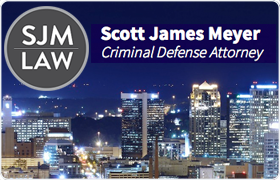 Morris RICO Act Lawyers, Alabama
Morris RICO Act Lawyers, Alabama
Sponsored Law Firm
-
 x
x

Click For More Info:
-
Law Office of Scott Meyer
1211 28th Street South Birmingham, AL 35205 » view mapJefferson County Criminal Lawyer Success with Scott
Scott James Meyer provides first-class criminal defense representation in Birmingham and the State of Alabama for drug offenses and other felonies and misdemeanors.
800-697-0641  Scott Meyer Birmingham, AL
Scott Meyer Birmingham, ALAttorney At Law - Alabama, 2010
Birmingham School of Law, J.D. - 2009
 Facebook
FacebookFor Additional Information About The Law Office of Scott Meyer
 Contact UsEmail or Call 24/7
Contact UsEmail or Call 24/7Call Today For Your Initial Free Consultation.
Not enough matches for Morris RICO Act lawyer.
Below are all Morris Criminal lawyers.
Lawyers
1-2 of 2 matches





 Scott Meyer Birmingham, AL
Scott Meyer Birmingham, AL Facebook
Facebook Contact UsEmail or Call 24/7
Contact UsEmail or Call 24/7